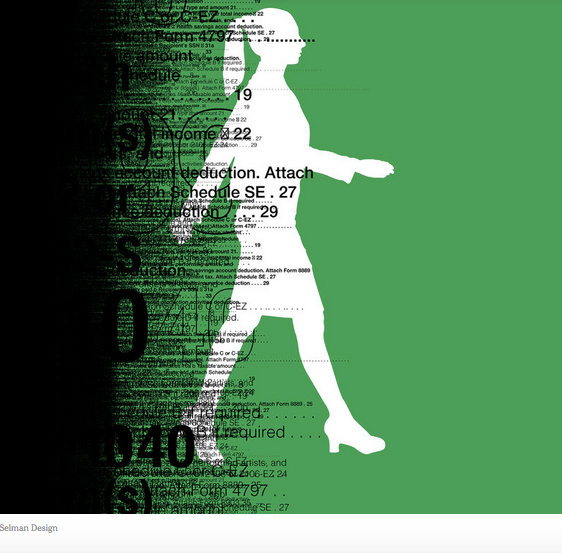What’s going on in these countries — and in many other developed democracies — is that government computers handle the tedious chore of filling out your tax return. The system is called “pre-filled forms,” or “pre-populated returns.” The taxpayer just has to check the numbers. If the agency got something wrong, there’s a mechanism for appeal.
Our own Internal Revenue Service could do the same for tens of millions of taxpayers. For most families, the I.R.S. already knows all the numbers — wages, dividends and interest received, capital gains, mortgage interest paid, taxes withheld — that we are required to enter on Form 1040.
The I.R.S. sends out a letter called a CP2000 Notice by the millions every year. This is the form that says: You entered $4,311 on Line 9b, but the reports we have on file say the figure should have been $4,756. I get these letters now and then — the revenue service is always right — and it makes me mad. If the government already has all this stuff, why did I have to spend hours digging through receipts and statements and 1099 forms to report what the I.R.S. already knows?
Questions like that have prompted some members of Congress — including Senator Ron Wyden, Democrat of Oregon; Elizabeth Warren, Democrat of Massachusetts; and Dan Coats, a former Republican senator from Indiana — to champion pre-filled forms. But their bills never went anywhere because the tax-preparation industry lobbies strenuously against them. The “Tax Complexity Lobby,” as it has been called, includes big national preparers like H & R Block and tax-prep software companies.




